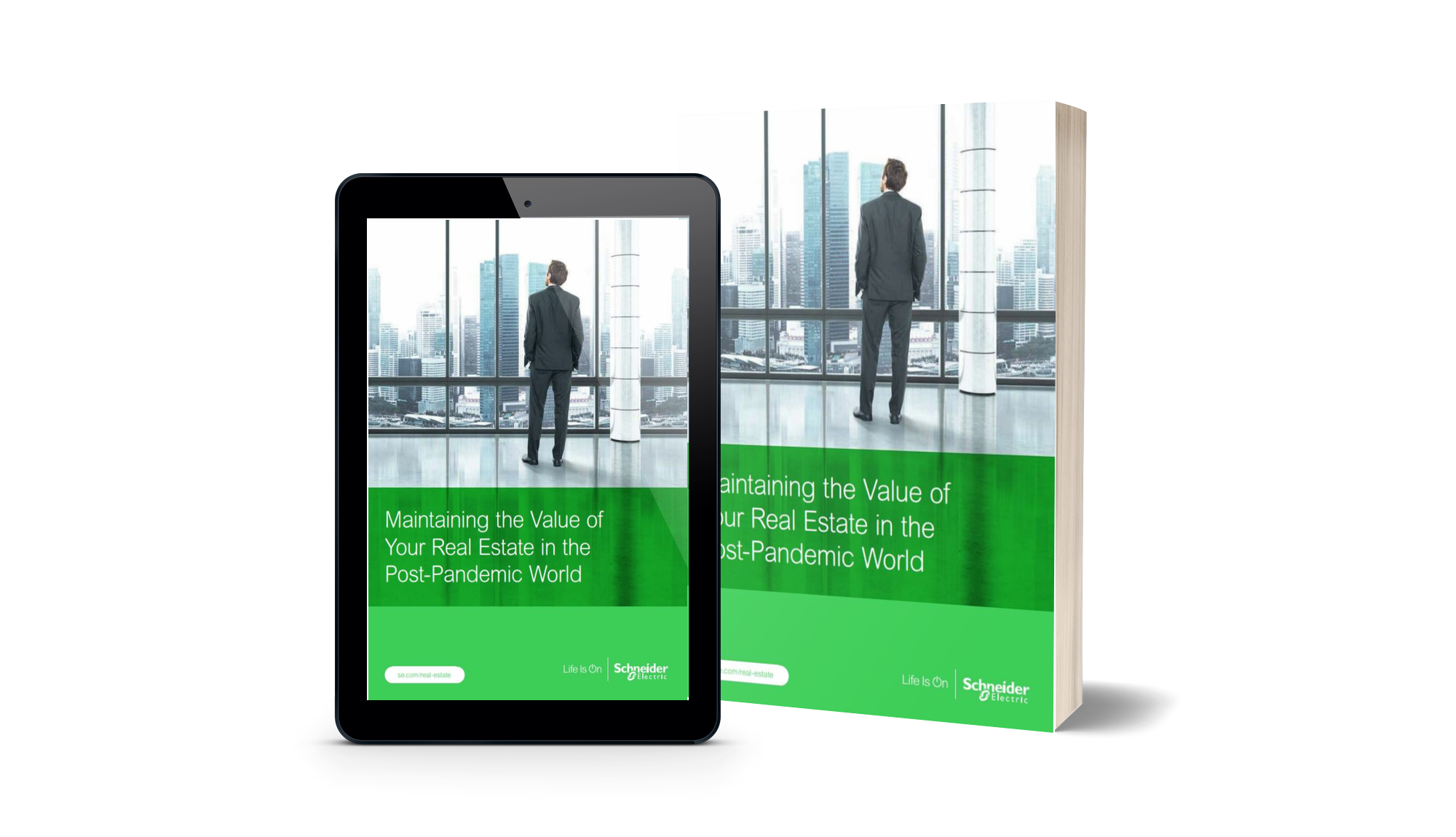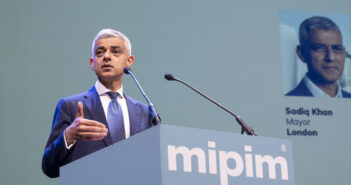What are the five main expectations of office users for 2030?
To better understand our clients’ needs, we, Gecina, along with five real estate companies that are members of our European sustainability and innovation think-tank, have chosen to listen, without intermediaries, to the occupants of our offices, our end clients. 140 people were interviewed in 6 countries in Europe through 18 focus groups. This is the first pan-European study on the evolution of workplaces from the perspective of users.

Maintaining the Value of Your Real Estate in the Post-Pandemic World
First, let’s put an end to preconceived ideas. The general consensus is that age groups have different visions. For my part, I do not believe in a clash of generations with a relation to work and a relation to office space radically diverging between age groups. Millennials don’t exist. The study, carried out by Harris Interactive in six European countries, is in line with this deep conviction of mine.
The study reveals that whatever the regions and work sectors of the interviewees, the expectations regarding the workplace by 2030 are similar. They converge on five main themes.
Five main lessons for the future:
1. Today’s users are more aware of environmental issues and expect tomorrow’s offices to be « Green”
Equipping workspaces with sensors (lighting, air conditioning, heating), using sustainable building materials (bare brick walls, solar panels, biological roofs) or raising employees’ green awareness (zero waste, local food, clean transport) are essential prerequisites for employees to project themselves with enthusiasm into tomorrow’s work space.
2. Today’s users are connected and expect tomorrow’s offices to be « Smart”
Intelligent furniture, biometrics or data management are phenomena that will further improve the efficiency of administrative tasks, decision-making processes and employee support.

Source: Vasyl Dolmatov/Getty Images
3. Today’s users are mobile and expect tomorrow’s offices to be more « Flex »
Collaborative spaces such as WeWork or coffee shops such as Starbucks reflect the need for people to meet where they want and when they want to work alone or with others. Traditional companies cannot ignore this demand. They must be in line with a trend towards more flexible offices to offer their employees multifunctional, modular, uncluttered, indoor and outdoor workspaces. This reorganisation of the physical space should be accessible 24/7 and reflect a more flexible, flexible internal organisation. One important point: it is not a question of doing flex-office, but of having more flexible offices. It’s not the same thing!
4. Today’s users want to feel at home everywhere and expect tomorrow’s offices to be « Sweet »
To each mood corresponds a need; to each need corresponds a space; to each space corresponds a moment. And throughout the day, moods and needs vary among employees.
The 2030 offices will be « like at home », because today’s employees are demanding alternative workspaces (green areas, relaxation areas, kitchens equipped for shared meals) and tailor-made workspaces (natural light, automatic regulation of lighting, temperature and music). In short, professional spaces that promote collective fulfilment, self-realisation and well-being. Offices are living places!
5. Today’s users no longer have two parallel and compartmentalised lives and expect tomorrow’s offices to be « Service-oriented »
The workspace of tomorrow could not be conceived without considering the growing demand for services from office users. The porosity of the worlds and professional and personal spaces results in the need for employees to no longer dissociate two parallel and compartmentalized lives.
The workspace, wherever it may be, must allow employees in 2030 to benefit from services they will always need (pharmacy, gym, nurseries, delivery service, showers).
As players of the city of tomorrow, it is up to us to continue to meet these expectations!
Find out more at MIPIM 2019!



